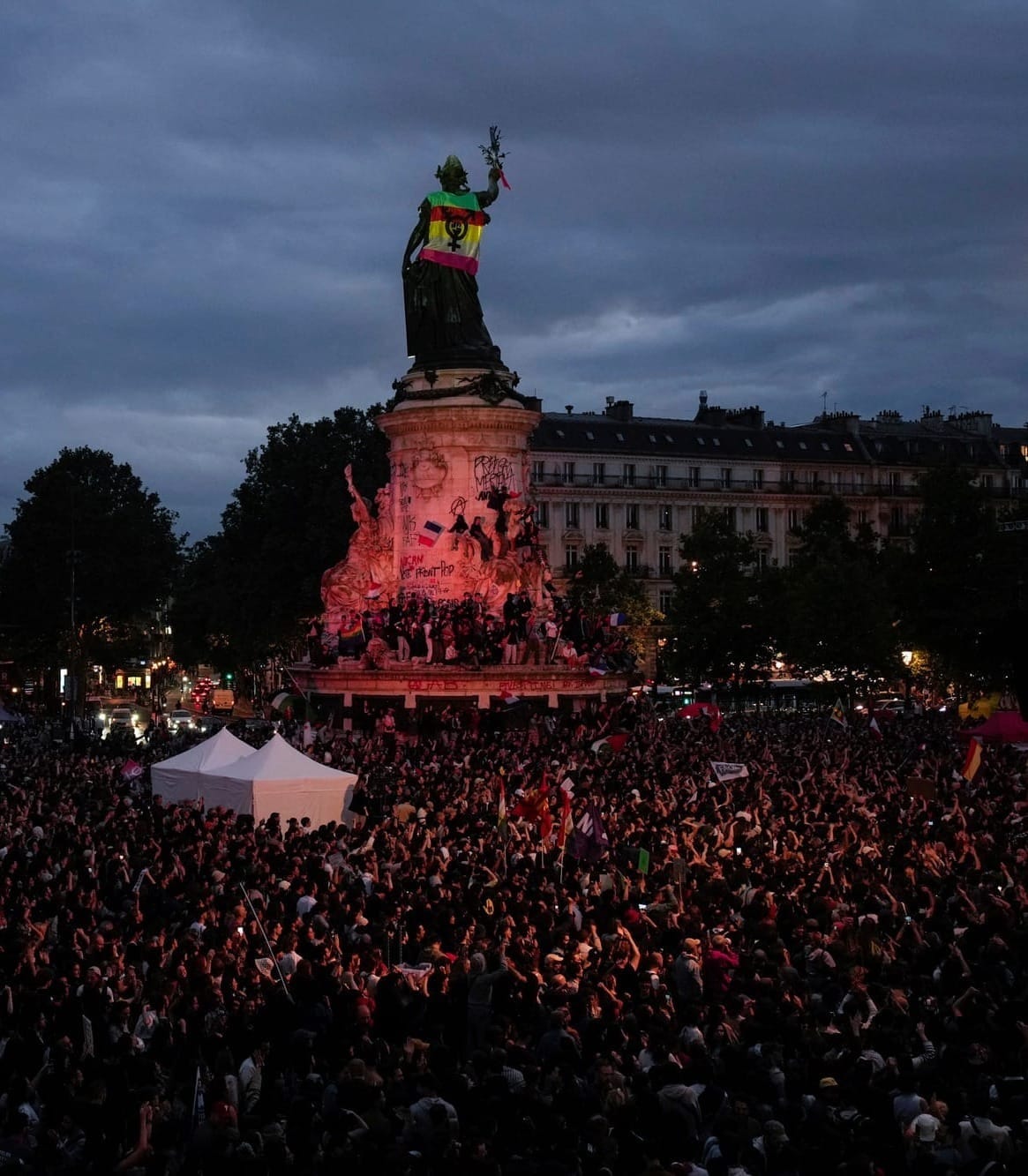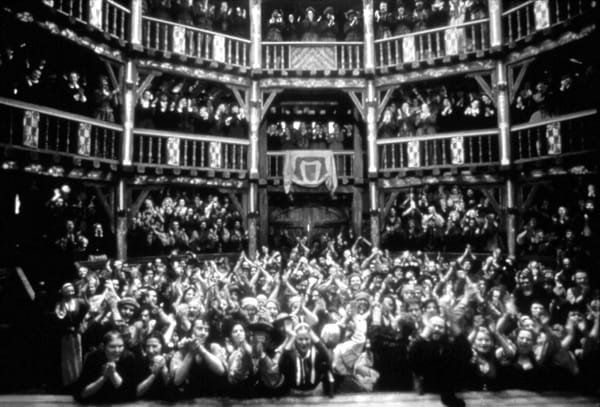How Marine Le Pen Uses Her Femininity as a Smokescreen
Following the French election, the far-right National Rally will stay out of power—for now. But the journalist Megan Clement warns the movement is not going away, either.

Whatever your politics, last Sunday’s election in France was, not to put too fine a point upon it, dramatique.
The first round of parliamentary elections at the end of June had established a clear lead for the far-right National Rally, the party of Marine Le Pen. The idea that the extreme far right might clinch the majority in the French parliament looked not only possible, but actually plausible. It was trailed in second place by the left-wing coalition; and by the centrist alliance led by the current president, Emmanuel Macron in third place.
A week of frantic electoral deals aimed at keeping the far right out of power ensued, and the second round of parliamentary elections yielded dramatically different results.
This time it was the left-wing coalition (New Popular Front) which zipped to first place, with the centrist alliance of Macron in second place, and the far-right National Rally now in third.
“Undoubtedly, the far right had a disappointing result, but only because expectations were so high,” explained Megan Clement, a France-based journalist and the editor of Impact, a bilingual newsletter by the French publisher, Les Glorieuses.
Of course, context is everything.





